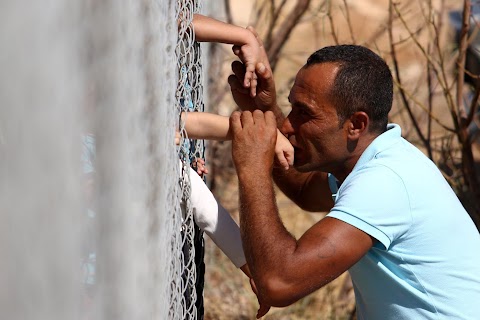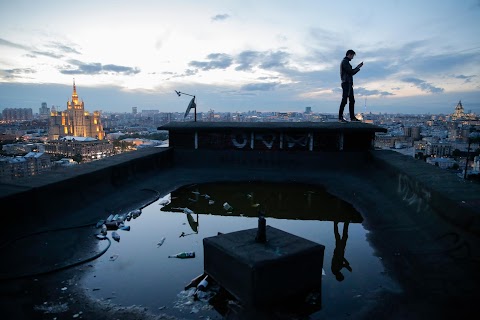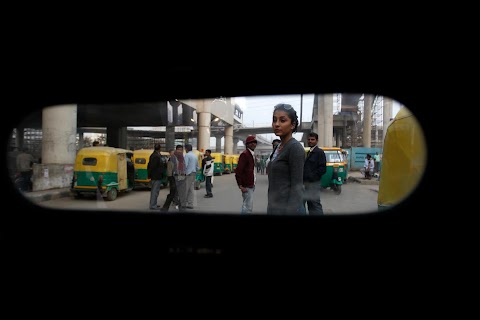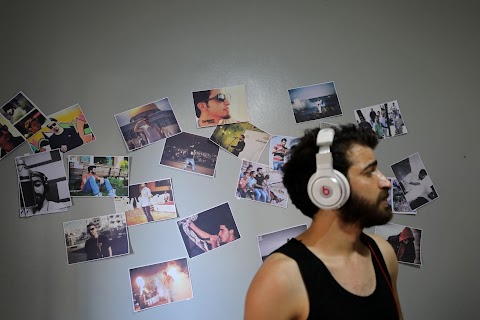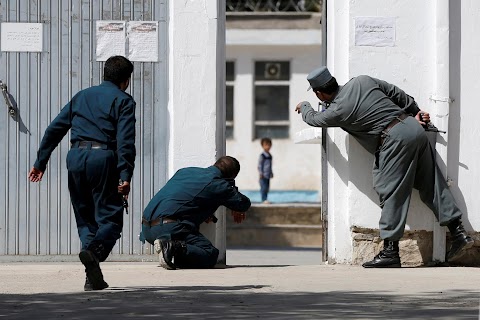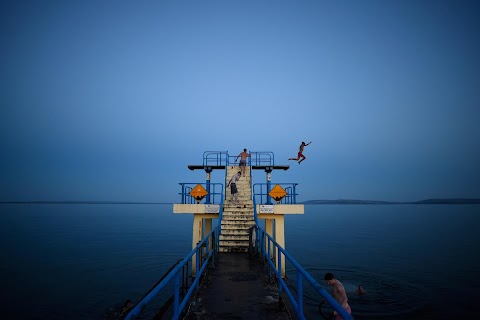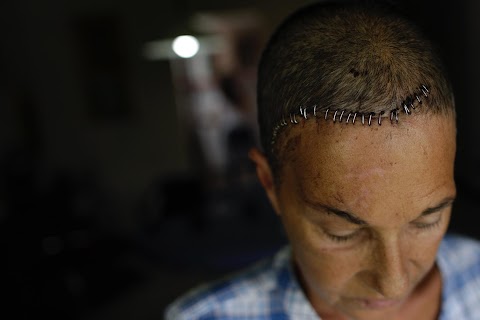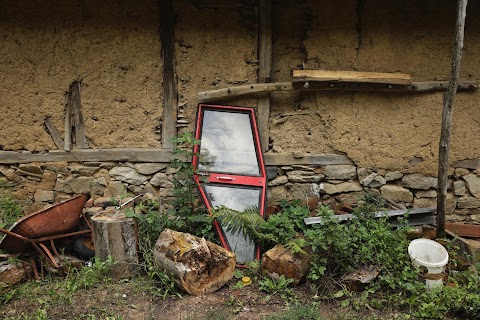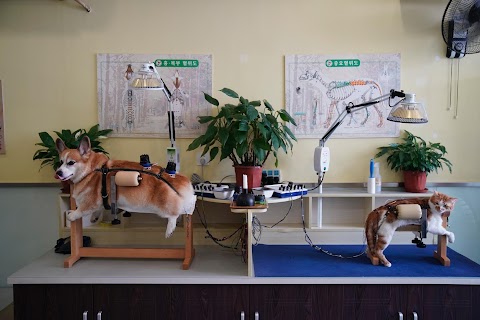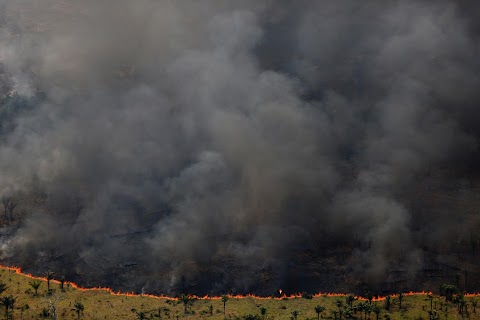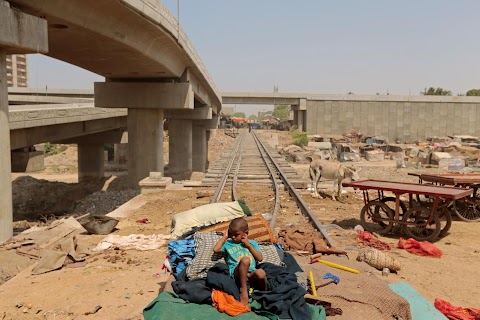"I thought the minute I left (in 2008), that would be that. I built a house (in Syria). I got married. I bought a field. Sixteen skales," he said, using a Cypriot measurement term to describe his 1.6 hectares.
"I worked day and night, do you understand? Now I (still) have a field. But my house is dust."
Hammasho’s second-eldest child, Jumah, was almost five when he was killed. Remaining in Syria was simply not an option, he said.
"Look, in Syria right now you cannot live a life. I don’t have a home. I lost a baby… I don’t want to dirty my hands with blood, do you understand?
"If you want to eat bread… you have to have blood on your hands. You have to be either a jihadist, or be with (President Bashar al) Assad, or anyone else, and steal or kill. And if you start that, you are finished. That is what life is like there now. I can’t do it. There are those who can."
The table is strewn with his identification papers and the classified sections of newspapers, pinned down by an untouched pot of Arabic coffee.
His bedsit is small. Hammasho is looking for a house so he and his family can start anew. But he says it will only be temporary until the family can return to Syria one day.
"As soon as it stops I'm leaving. I will go back to my field. I have a machine to extract water. I have fields to water. It's my country and I will go home."
